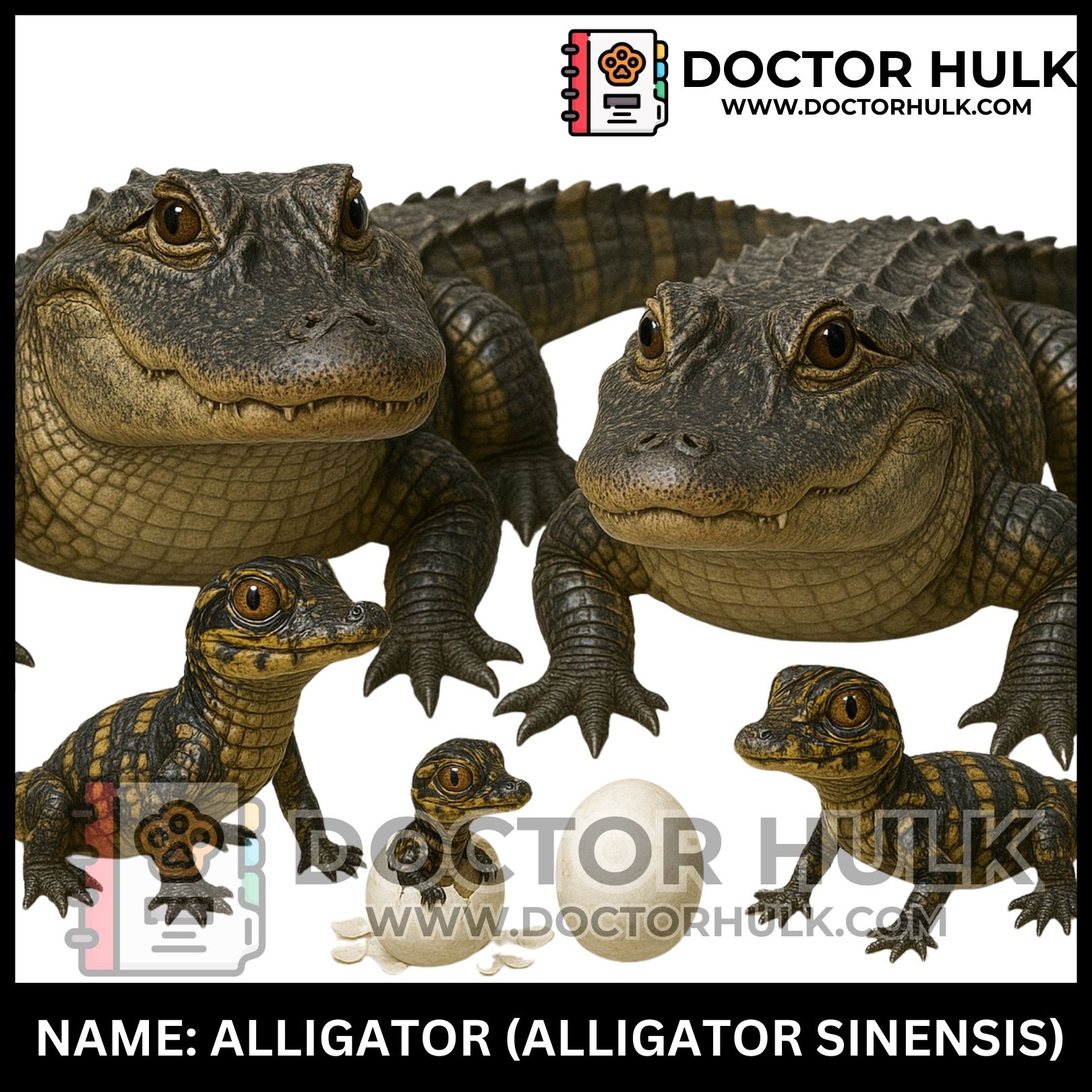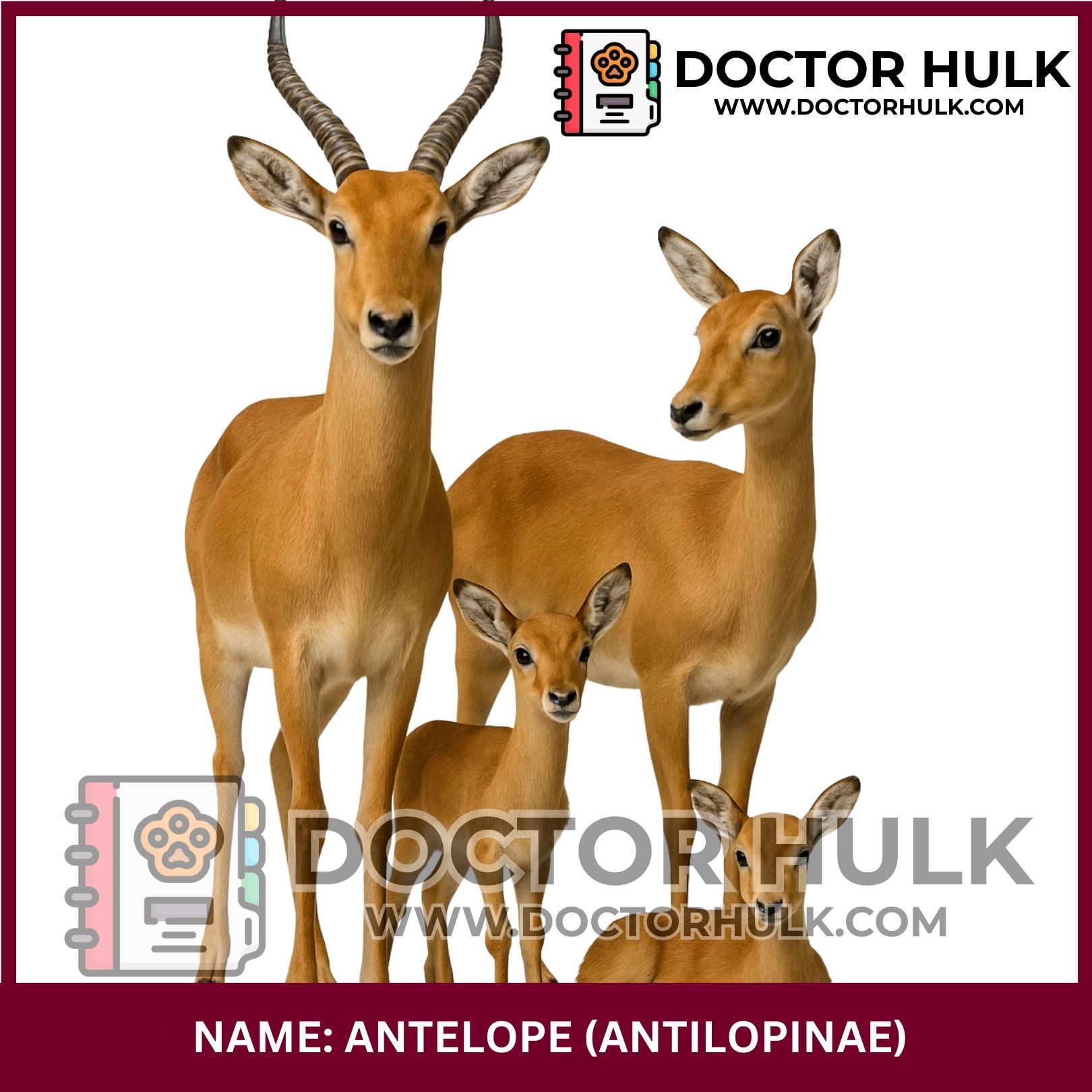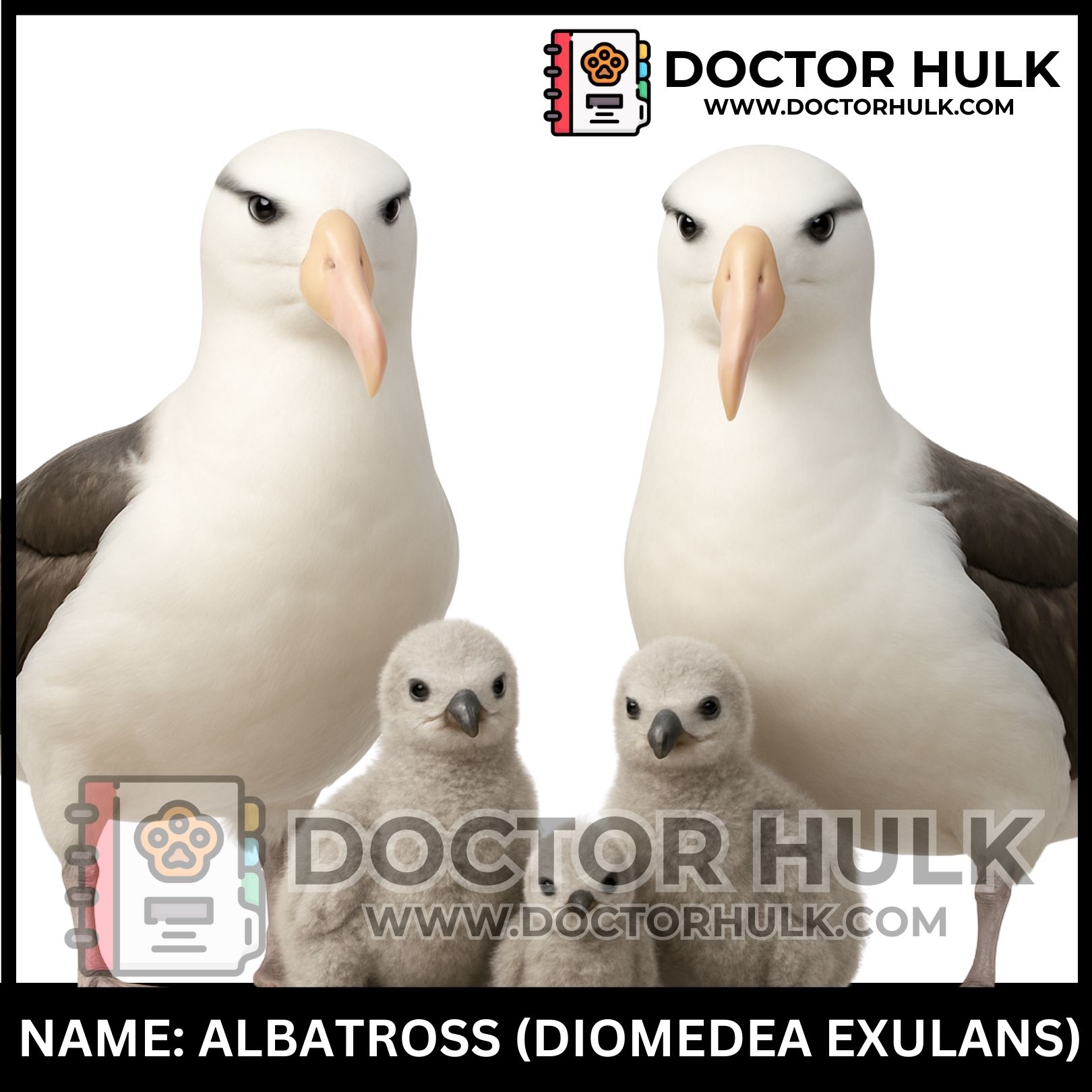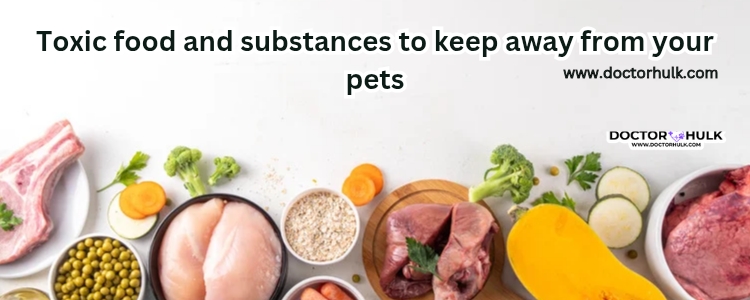Ensuring the health and safety of our pets involves more than providing love and shelter; it requires a vigilant awareness of the foods and substances that can pose serious risks to their well-being. Many items that are harmless to humans can be toxic to animals, leading to severe health complications or even fatalities.
One of the most well-known toxic substances for pets is chocolate. It contains theobromine and caffeine, stimulants that can cause vomiting, diarrhea, rapid breathing, abnormal heart rhythms, seizures, and, in extreme cases, death. Dark chocolate and unsweetened baking chocolate are particularly hazardous due to their higher theobromine content. Similarly, caffeinated products like coffee and tea should be kept away from pets, as they can lead to similar toxic reactions.
Certain fruits, such as grapes and raisins, have been identified as dangerous to pets, particularly dogs. Even small quantities can lead to kidney failure, with symptoms including vomiting, lethargy, and depression. The exact toxic component remains unidentified, making it imperative to avoid giving these fruits to pets altogether. Additionally, the Allium family—comprising onions, garlic, chives, and leeks—contains compounds that can damage red blood cells in both dogs and cats, leading to anemia. Signs of toxicity may not be immediately apparent and can include weakness, vomiting, and breathing difficulties.
Artificial sweeteners, particularly xylitol, pose another significant risk. Commonly found in sugar-free gum, candies, and some peanut butters, xylitol can cause a rapid insulin release in pets, leading to hypoglycemia (low blood sugar). Symptoms include vomiting, loss of coordination, seizures, and, in severe cases, liver failure. It’s crucial to check ingredient labels and keep products containing xylitol out of reach.
Beyond foods, household items and plants can also be hazardous. Certain flea treatments, for instance, have been called into question due to their toxic effects on wildlife and potential risks to pets. In the UK for example, there have been calls to restrict such treatments to protect both animals and the environment. Additionally, common household plants like lilies, azaleas, and sago palms are toxic to pets and can cause symptoms ranging from vomiting to organ failure. It’s advisable to research the safety of plants before bringing them into a home with pets.
Preventive measures are essential to safeguard pets from these dangers. Store all potentially toxic foods and substances securely out of pets’ reach. Educate all household members about the risks associated with feeding human food to pets. Provide pets with appropriate toys and chews to deter them from seeking out forbidden items. Regular veterinary check-ups can aid in the early detection of health issues arising from accidental ingestions. If a pet is suspected of ingesting a toxic substance, immediate action is important: remove access to the toxin and contact a veterinarian promptly, providing details about the substance and the amount ingested. Do not induce vomiting unless directed by a professional, as some substances can cause more harm if vomited.
In case of any emergency, do not hesitate to reach out to Doctor Hulk.








